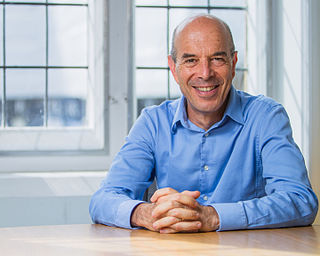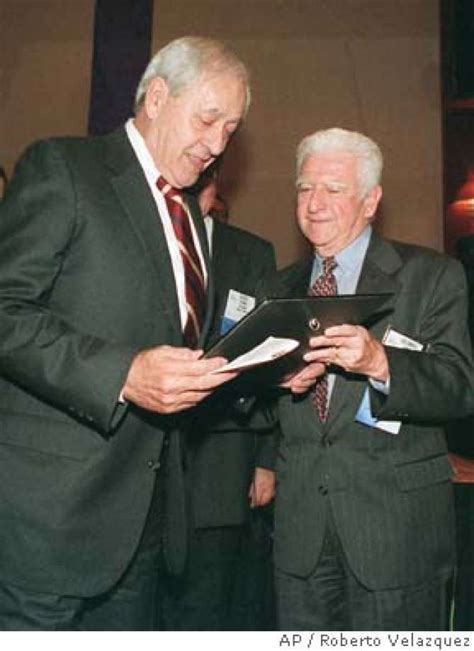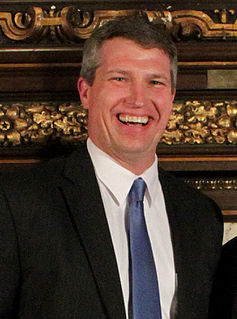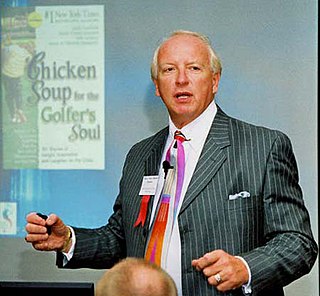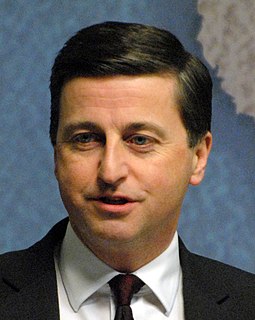Top 240 Scarcity Quotes & Sayings - Page 3
Explore popular Scarcity quotes.
Last updated on April 16, 2025.
Godfulness is simply recognizing the primacy of a presence of love, spaciousness, grace, generativity, caring, and creativity in the world and in myself. How can a mere financial crisis compare to that? The Generative Mystery cannot go bankrupt. It is not subject to scarcity. We never run out of God.
I love nature dearly and all creatures that contribute to make it what it is. I see the beauty in all expressions of life, and I see how blind so many of us still are. Our planet is remarkably abundant and there's more than enough for us all.It is greed and shortsightedness that create the illusion of scarcity.
Saving our planet, lifting people out of poverty, advancing economic growth... these are one and the same fight. We must connect the dots between climate change, water scarcity, energy shortages, global health, food security and women's empowerment. Solutions to one problem must be solutions for all.
Since scarcity is the basic economic problem, if it does not exist then there is no reason for my economics course. Devoting time to the study of how people use limited resources to fulfill unlimited wants and needs should help us to discover how to best utilize the resources we have at our disposal.
The journey to financial freedom starts the MINUTE you decide you were destined for prosperity, not scarcity- for abundance, not lack. Isn't there a part of you that has always known that? Can you see yourself living a bounteous life- a life of more than enough? It only takes one minute to decide. Decide now.
It's hard to transport myself forward in time, and the scarcity of opportunity back then kind of fueled my ambition. But back in my day, every family I knew had a Super 8 camera, and that's what I first picked up. We adapt to the technology we have available. But for the kids of today, they can really make something great with what is available.
The folly of men has enhanced the value of gold and silver because of their scarcity; whereas, on the contrary, it is their opinion that Nature, as an indulgent parent, has freely given us all the best things in great abundance, such as water and earth, but has laid up and hid from us the things that are vain and useless.
Whenever our ethnic or national prejudices are aroused, in times of scarcity, during challenges to national self esteem or nerve, when we agonize about our diminished cosmic place and purpose, or when fanaticism is bubbling up around us - then, habits of thought familiar from ages past reach for the controls.
Power over seems to be driving our very young species into a ditch because it's from an old competitive, "there may not be enough" kind of framework of scarcity. Power with is thinking abundantly as opposed to fearfully. Power with is hopefully where we're going - and where we need to go as a species in order to survive.
The average worker in 2015 wanting to attain the average living standard in 1915 could do so by working just 17 weeks a year, one third of the time. But most people don't choose to do that. They are willing to work hard to harvest the technological bounty that is available to them. Material abundance has never eliminated perceived scarcity.
The leading edge of the best science in the world is being driven by private money, and investment money because of the scarcity of government money to do this. It's not only by far the best and most advanced science, we're driving the equation at Human Longevity that everyone else is beginning to follow as well.
A refugee in the traditional vision is someone who flees from country to another because of persecution or conflict. But what we're witnessing now more and more is a certain number of mega-trends interacting with one another: population growth, urbanization, food insecurity, water scarcity, climate change, and conflict.
It cannot be denied that for a society which has to create scarcity to save its members from starvation, to whom abundance spells disaster, and to whom unlimited energy means unlimited power for war and destruction, there is an ominous cloud in the distance though at present it be no bigger than a man's hand.
Credit expansion is the governments' foremost tool in their struggle against the market economy. In their hands it is the magic wand designed to conjure away the scarcity of capital goods, to lower the rate of interest or to abolish it altogether, to finance lavish government spending, to expropriate the capitalists, to contrive everlasting booms, and to make everybody prosperous.










